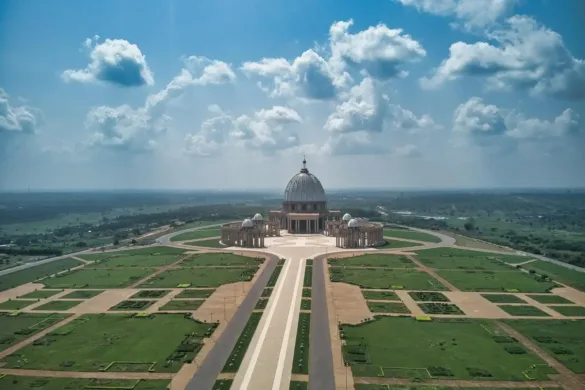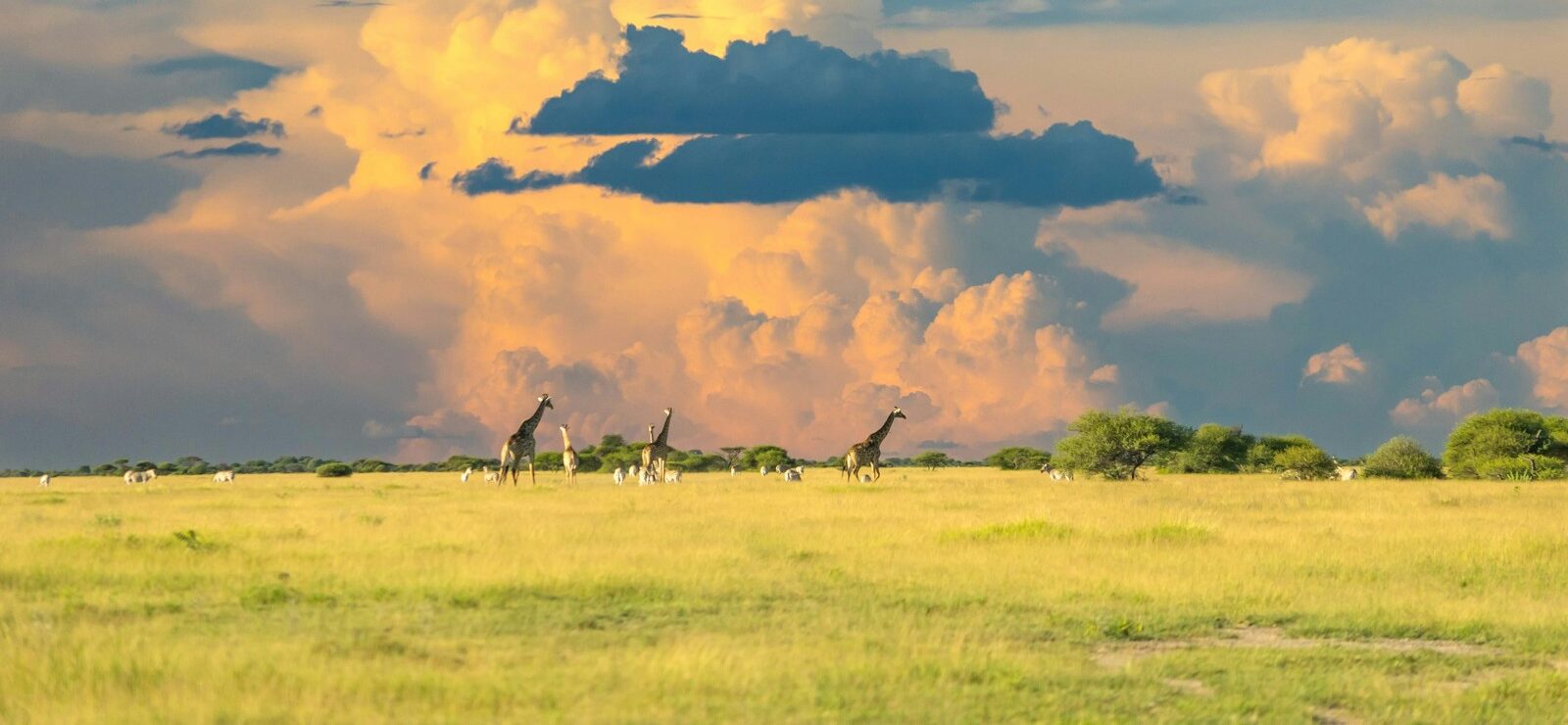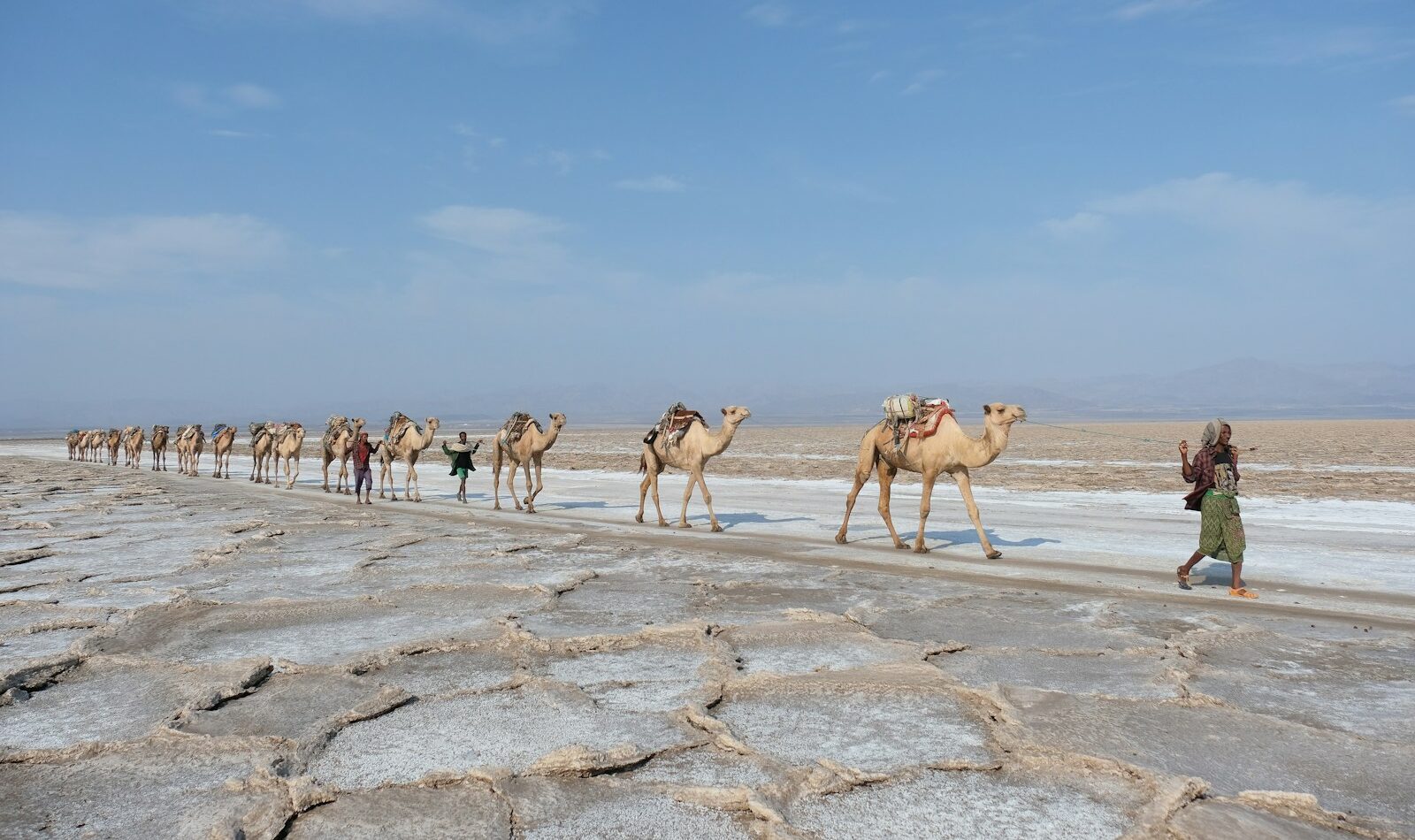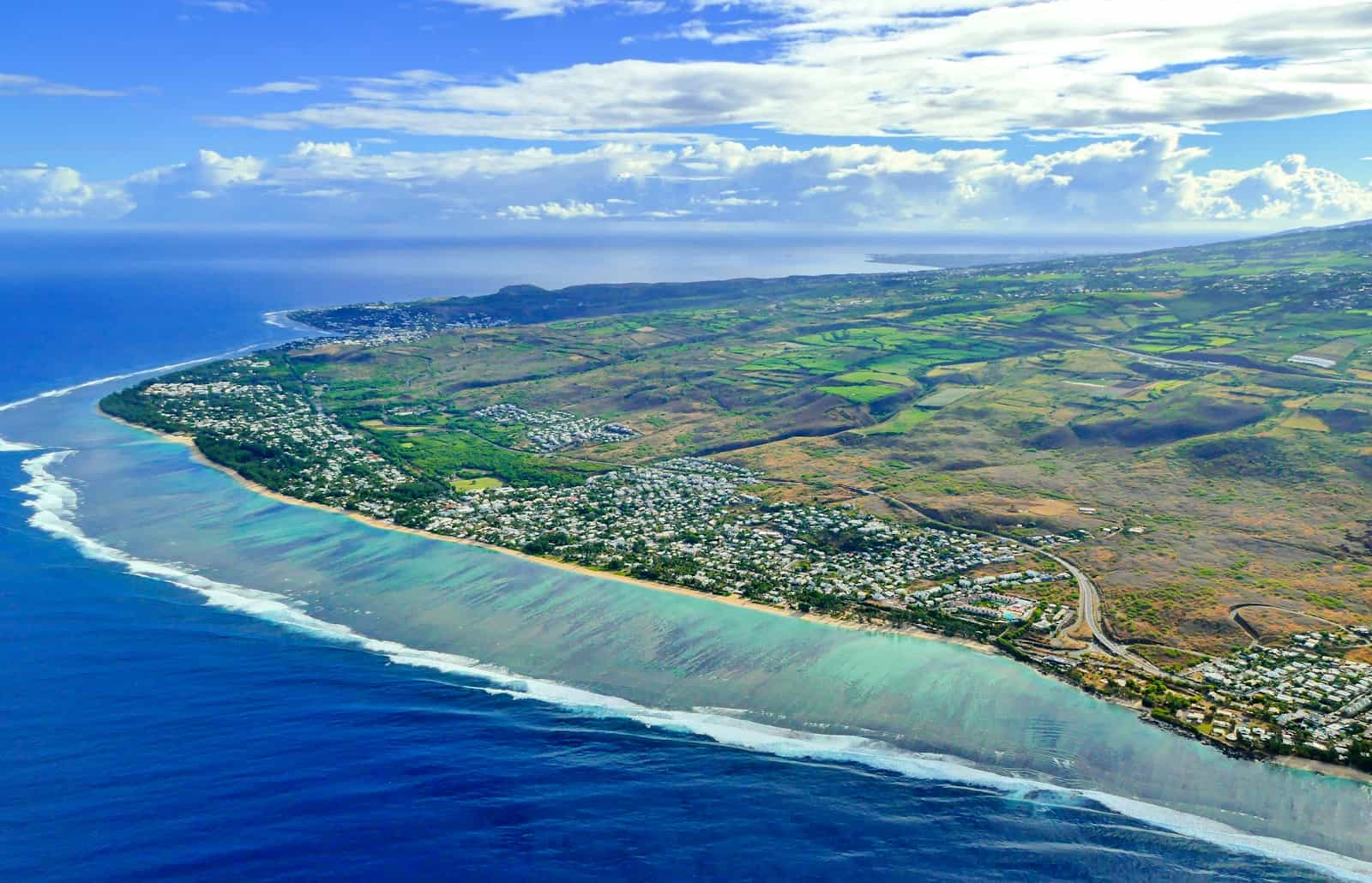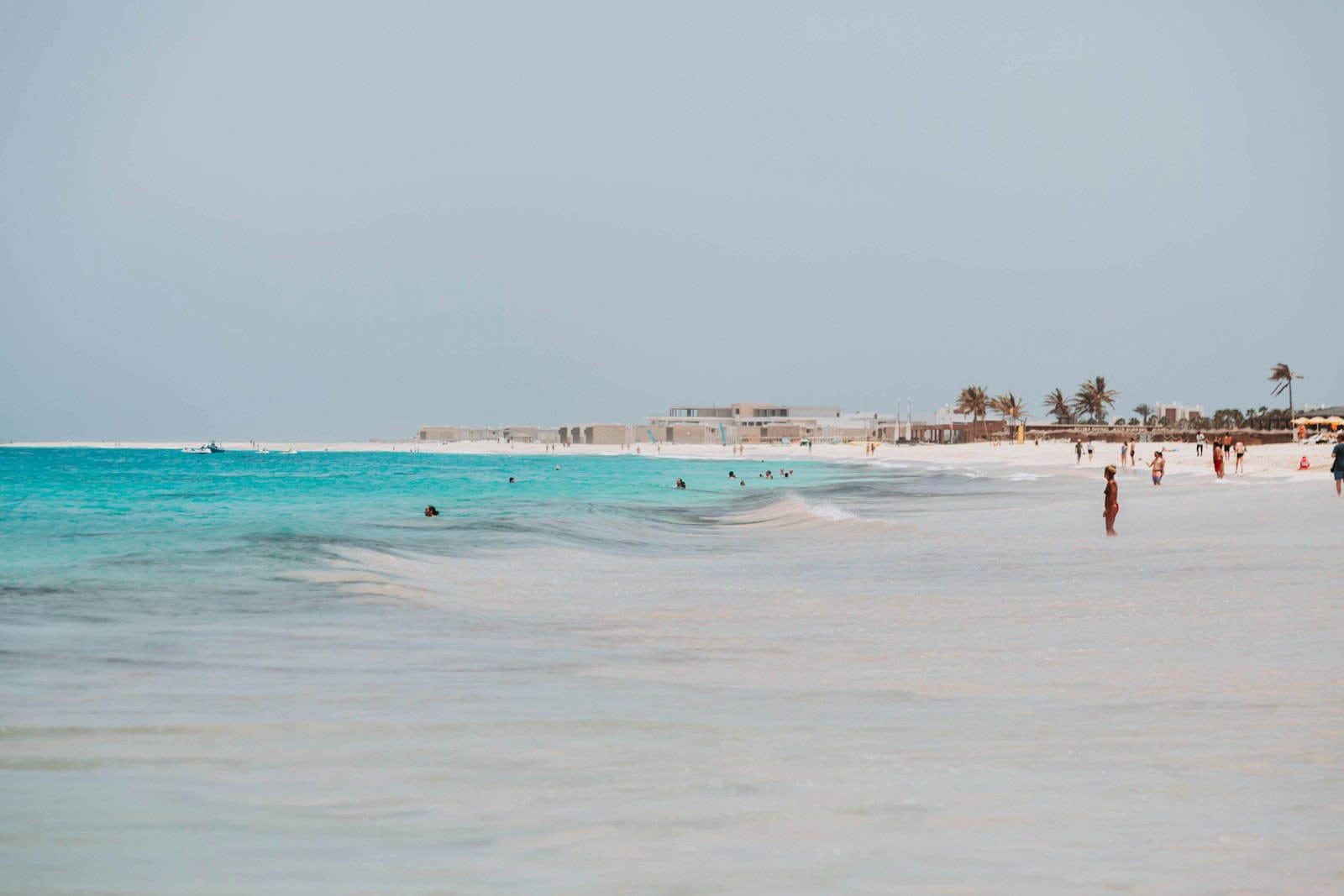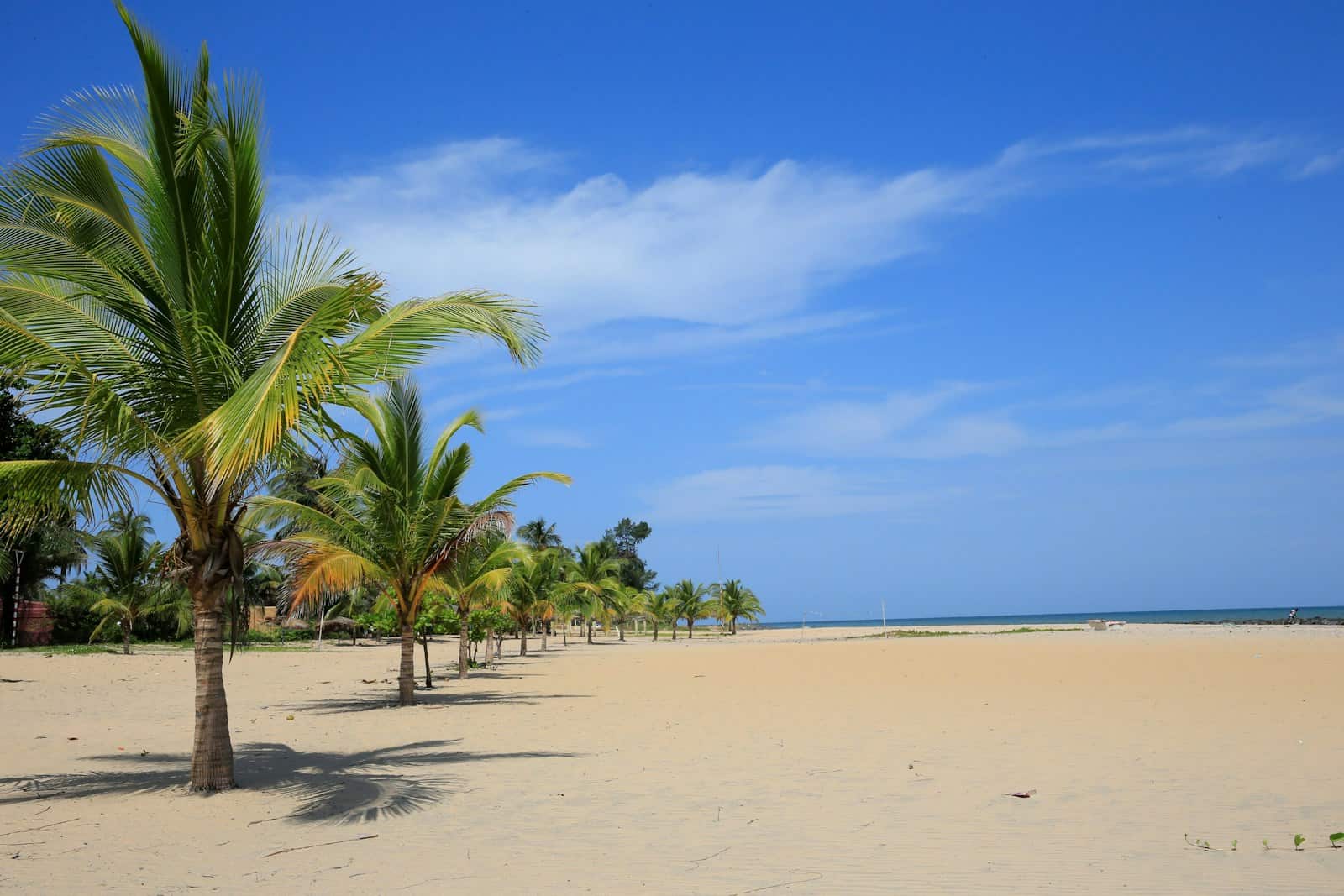Nigeria’s Complete City Hub Things to Do GuideNigeria things to do planning hub
Nigeria is bold, brilliant, and bursting with life — a nation of over 200 million voices, rhythms, and colors. From the bustling streets of Lagos to the serene hills of Obudu and the sacred grooves of Osun, Nigeria blends deep tradition with dynamic creativity.
Africa’s most populous country is home to vibrant markets, Nollywood films, afrobeats music, royal palaces, and diverse landscapes that stretch from coastal lagoons to savannahs and rainforest highlands. Nigeria isn’t always easy — but it’s unforgettable.
Start planning with our complete Nigeria Travel Guide — covering regional highlights, culture, food, safety, transport, and the best things to do in one of Africa’s most exciting destinations.
Where to Go in Nigeria
Abuja | Badagry | Calabar | Erin Ijesha Waterfalls | Idanre Hills | Lagos | Obudu Mountain Resort | Osogbo Sacred Grove | Yankari National Park
💡Quick Facts:
Continent: Africa
Country: Nigeria
Area: 923,769 km²
Population: ~223 million (most populous in Africa)
Density: ~241 per km²
Capital: Abuja
Regions: 36 states + Federal Capital Territory (FCT)
Language(s): English (official); Hausa, Yoruba, Igbo, and 500+ local languages
Currency: Nigerian Naira (NGN)
Time Zones: WAT (UTC+1)
Airports: LOS, ABV, KAN, PHC, ENU (main)
Climate: Tropical; wet and dry seasons vary by region
Known For: Nollywood film industry, Lagos megacity, cultural diversity, Afrobeat music, oil and gas, traditional kingdoms, national parks, West African cuisine
🛂Arrival Info:
Nigeria has a moderately strict visa policy, but e-visa options are available for many nationalities.
Visa required: For nearly all non-African travelers, including U.S., UK, EU, and Australia.
Visa-free: ECOWAS citizens (West Africa) can enter without a visa.
eVisa: Available for 60+ countries via Nigeria Immigration Portal.
Visa-on-arrival: Possible for business travelers and select categories with prior approval.
Important: Visitors must show proof of yellow fever vaccination at entry.
💉Health Info:
Routine vaccines: MMR, DTP, Hepatitis A, Typhoid, COVID-19.
Required: Yellow fever vaccine (mandatory for all travelers over 9 months old).
Recommended: Hepatitis B, Rabies (if staying long-term), Meningitis (especially in dry season), Malaria prophylaxis.
Healthcare: Limited outside Lagos and Abuja; emergency care may be inconsistent.
Insurance: Essential — ensure it includes emergency evacuation.
Travel health updates — get coverage here
Stay Informed with Official Updates: World Health Organization – International Travel and Health | Centers for Disease Control and Prevention – Global Travel Health
🚨Travel Advisory:
– Exercise increased caution; avoid travel to certain northern and northeastern states due to terrorism, kidnapping, and civil unrest
– Lagos, Abuja, and Calabar are safer urban centers for business and tourism
Stay Informed with Official Updates: US Travel Advisory | UK Foreign Travel Advice
📅Holidays:
– New Year’s Day: January 1
– Democracy Day: June 12
– Independence Day: October 1
– Eid al-Fitr and Eid al-Adha: Dates vary (Islamic calendar)
– Christmas: December 25
💰Money Matters:
Currency: Nigerian Naira (NGN)
– Cash preferred; credit cards accepted at major hotels and restaurants in cities
– ATMs available but may have withdrawal limits
– Tipping customary: 5–10% in restaurants or small notes for services
– Duty-free: 1L spirits, 200 cigarettes, perfume and gifts within personal limits
✈️Airports:
Nigeria has several international and domestic airports:
Murtala Muhammed International Airport (LOS) – Lagos: Primary international gateway.
Carriers: British Airways, Emirates, Turkish Airlines, Qatar Airways.
FAAN Website
Nnamdi Azikiwe International Airport (ABV) – Abuja: Capital city hub.
Mallam Aminu Kano Airport (KAN) – Northern hub for Kano.
Port Harcourt (PHC) and Enugu (ENU) – Serve southern Nigeria.
🚍Transport:
– Domestic flights common between major cities
– Ride-hailing apps (Bolt, Uber) available in Lagos and Abuja
– Public transport includes minibuses, okadas (motorcycle taxis), and keke napeps (tricycles)
– Roads can be congested and poorly maintained; self-driving not recommended for visitors
📶Connectivity:
– Major networks: MTN, Airtel, Glo, 9mobile
– SIM cards widely available (passport required); strong mobile internet in cities
– Wi-Fi available in hotels and cafes; speeds vary
– Power outages are common — mobile charging banks are useful
📜Laws & Etiquette:
– Dress modestly, especially in conservative northern states
– LGBTQ+ rights are heavily restricted by law; same-sex relationships are criminalized
– Always greet elders respectfully; use right hand when offering or receiving items
– Avoid discussing politics or religion publicly
🛡️Emergency Info:
– Emergency: 112 (general)
– Embassies and consulates located in Abuja and Lagos
– Travel insurance with medical evacuation strongly advised
🌦️Weather:
– Best time to visit: November–February (dry season, lower humidity)
– Rainy season: April–October in the south; shorter in the north
– Harmattan winds (Dec–Feb): dry, dusty air and cooler temperatures
Weather Forecast
Nigeria by Region – Where to Go
Nigeria’s 36 states are grouped into six geopolitical zones — each a world of its own in culture, language, and landscape.
South West Nigeria
- Lagos – Nigeria’s beating heart. Visit Lekki Market, Nike Art Gallery, Tarkwa Bay, and explore nightlife in Victoria Island.
- Ibadan – One of Africa’s largest cities, home to historic universities, cultural centers, and the Agodi Gardens.
- Osogbo – Famous for the Osun Sacred Grove, a UNESCO World Heritage Site.
South East Nigeria
- Enugu – The “Coal City” with colonial charm, Ngwo Pine Forest, and film culture.
- Awka & Onitsha – Commercial hubs with Igbo culture, markets, and festivals.
- Arochukwu & Awhum – Known for sacred caves, monasteries, and traditional shrines.
South South Nigeria
- Calabar – A tourism-friendly city with Tinapa Resort, the Calabar Carnival, and proximity to Obudu Cattle Ranch.
- Port Harcourt – Vibrant oil capital with nightclubs and Niger Delta culture.
- Bayelsa & Brass Island – Explore mangroves, coastal communities, and fishing traditions.
North Central Nigeria
- Abuja – The capital city with a modern core, Zuma Rock, Aso Rock, and the National Mosque.
- Jos – Cooler climate, scenic landscapes, and the Jos Wildlife Park and Museum of Traditional Nigerian Architecture.
- Lokoja – Where the Niger and Benue Rivers meet — steeped in colonial and precolonial history.
North West Nigeria
- Kano – One of Africa’s oldest trading cities, with the Kano City Walls, Dala Hill, and the colorful Kurmi Market.
- Kaduna – Home to Kajuru Castle, museums, and textile workshops.
- Sokoto – Center of Islamic scholarship with grand mosques and historical sites.
North East Nigeria
- Yola – A peaceful entry point to Gashaka Gumti National Park.
- Mubi & Biu – Less-visited towns with traditional architecture and local festivals.
Top Places to Visit in Nigeria
Cities & Culture
- Lagos – For art galleries, Afrobeat music, markets, nightlife, and beach escapes.
- Abuja – Clean, well-planned, and close to natural landmarks like Gurara Falls.
- Calabar – Rich in heritage and gateway to Obudu Mountain Resort.
Nature & Parks
- Obudu Cattle Ranch – Highland resort with cable cars, waterfalls, and trails.
- Erin Ijesha (Olumirin) Waterfalls – A beautiful multi-step waterfall in Osun State.
- Gashaka Gumti National Park – Nigeria’s largest, with wildlife, forests, and mountains.
- Idanre Hills (Ondo) – Ancient hilltop settlement with dramatic landscapes.
Heritage & Spiritual Sites
- Osun-Osogbo Sacred Grove – A forest sanctuary with shrines and sacred art.
- Sukur Cultural Landscape – A UNESCO site in Adamawa with terraces and ancient ironworking.
- Ogbunike Caves – A spiritual site with complex cave systems in Anambra State.
How to Choose Where to Go in Nigeria
- For nightlife, art, and fashion: Base yourself in Lagos or Abuja.
- For eco-tourism and landscapes: Explore Obudu, Jos Plateau, and Erin Ijesha Falls.
- For cultural depth: Visit Kano, Osogbo, or Abeokuta.
- For festivals and tradition: Plan for the Calabar Carnival, Osun-Osogbo Festival, or Durbar in Kano/Katsina.
Pair southern cities with northern culture or mountain retreats for a balanced trip.
How to Get Around Nigeria
- Domestic Flights – Best for long distances (e.g., Lagos to Kano, Abuja to Calabar). Carriers include Air Peace, Dana Air, and Arik Air.
- Private Drivers or Car Hire – Most reliable for intercity road travel; hire through hotels or vetted services.
- Buses & Shared Taxis – Budget-friendly but often crowded and inconsistent.
- Ride Apps (Lagos & Abuja) – Bolt, Uber, and InDrive are common.
- Okada (motorcycle taxis) – Fast but risky; avoid unless experienced.
Note: Traffic in Lagos can be extreme — plan around rush hour.
Travel Budget & Costs in Nigeria
Average Daily Costs:
- Budget: $30–50/day (guesthouses, local food, buses)
- Mid-range: $70–120/day (hotels, drivers, excursions)
- Luxury: $200–400+/day (private guides, air travel, resorts)
Sample Prices:
- Lagos hotel (mid-range): $60–100/night
- Local meal (jollof rice & meat): $3–7
- Intercity flight: $50–150
- National park entry: $5–15
- Private driver (daily): $50–100
Tips to save:
- Eat at bukas (local canteens)
- Use public parks and free events
- Travel inland and north for lower prices and cultural depth
Best Time to Visit Nigeria
Dry Season (November–March):
- Best weather for travel, especially December–February
- Ideal for festivals and sightseeing
Green Season (April–October):
- Lush landscapes and cooler evenings
- Short, heavy rains in south; humid
Key Festivals:
- Osun-Osogbo Festival (August)
- Durbar (Eid periods)
- Calabar Carnival (December)
- FESTAC events (various dates)
Must-See Experiences in Nigeria
- Dance at the Calabar Carnival, West Africa’s biggest street party
- Take a boat to Tarkwa Bay, Lagos’ urban beach paradise
- Hike through Idanre Hills, a mystical and historic mountain town
- Ride the cable car at Obudu Mountain Resort
- Watch a Durbar parade in Kano or Katsina, featuring horses and royal costumes
- Wander Nike Art Gallery, the largest in West Africa
- Explore Abuja’s Aso Rock and National Mosque
- Visit the Osun Sacred Grove, a spiritual forest of art and worship
Book unforgettable Nigeria tours and find authentic things to do in Nigeria, from art hubs to ancient shrines.
Best Travel Itineraries in Nigeria
Classic Nigeria – 7 Days
- Lagos → Abeokuta → Osogbo → Abuja
Culture, art, and heritage-focused journey.
Southern Nature Route – 6 Days
- Calabar → Obudu → Erin Ijesha Falls → Idanre
For outdoor lovers and waterfall chasers.
Cultural North – 8 Days
- Abuja → Jos → Kano → Zaria
Rich in Hausa-Fulani history, architecture, and festivals.
Nigeria Coast to Highlands – 10 Days
- Lagos → Benin → Enugu → Obudu → Abuja
Urban intensity, historical kingdoms, and mountain calm.
Local Cuisine & Culinary Experiences
Nigerian food is spicy, bold, and diverse — every region has its signature.
Must-Try Dishes
- Jollof Rice – Spicy tomato rice dish, often with chicken or fish
- Egusi Soup – Melon seed stew with vegetables and meat
- Suya – Spiced grilled beef skewers, served with onions and pepper mix
- Moi Moi – Steamed bean pudding wrapped in leaves
- Ofada Rice with Ayamase Sauce – Local rice served with spicy green pepper stew
Drinks:
- Zobo – Hibiscus flower drink, sweet and tangy
- Palm Wine – Lightly alcoholic sap tapped fresh from trees
- Chapman – Fruity non-alcoholic cocktail with Angostura bitters
- Star or Gulder Beer – Nigeria’s popular lagers
Try buka meals, high-end Lagos restaurants, or cultural food tours with local chefs.
Travel Safety & Cultural Etiquette in Nigeria
Safety Overview
- Stay alert in major cities, especially at night.
- Avoid political gatherings or unknown rural areas.
- Use only registered taxis or ride apps.
- Keep digital and paper copies of IDs and visas.
Cultural Etiquette
- Greet elders and strangers respectfully (“Good morning, sir/ma”)
- Dress modestly, especially in religious or northern areas
- Don’t photograph people without asking
- Tip in restaurants and for services (5–10% typical)
Where to Go Next – Pair Nigeria with These Destinations
- Ghana – Short flight to Accra for coastal forts, music, and laid-back beaches
- Benin Republic – For voodoo traditions, Ouidah, and coastal towns
- Morocco – Combine Nigeria’s raw energy with Morocco’s imperial cities
- Egypt – Easy flight from Lagos to Cairo for ancient wonders
- Kenya – Contrast West African cities with East African safaris
Explore our Ghana Travel Guide, Egypt Travel Guide, Kenya Travel Guide, and Morocco Travel Guide to extend your African adventure.
Final Planning Checklist for Nigeria
- Check eVisa requirements (many nationalities need visas in advance)
- Carry local Naira cash — many places don’t accept cards
- Download offline maps, ride apps, and WhatsApp
- Dress for heat and humidity — breathable layers and sun protection
- Respect regional customs, especially in religious north
- Book flights and major transport well in advance
- Travel with local contacts or guides when visiting rural areas
- Learn a few phrases: “Bawo ni?” (How are you? – Yoruba), “Nagode” (Thank you – Hausa)
Explore Nigeria with confidence using our trusted tips, local insights, and region-by-region planning tools.
For more expert travel tips, practical strategies, and trusted tools — visit our Homepage and get inspired for your next trip.

